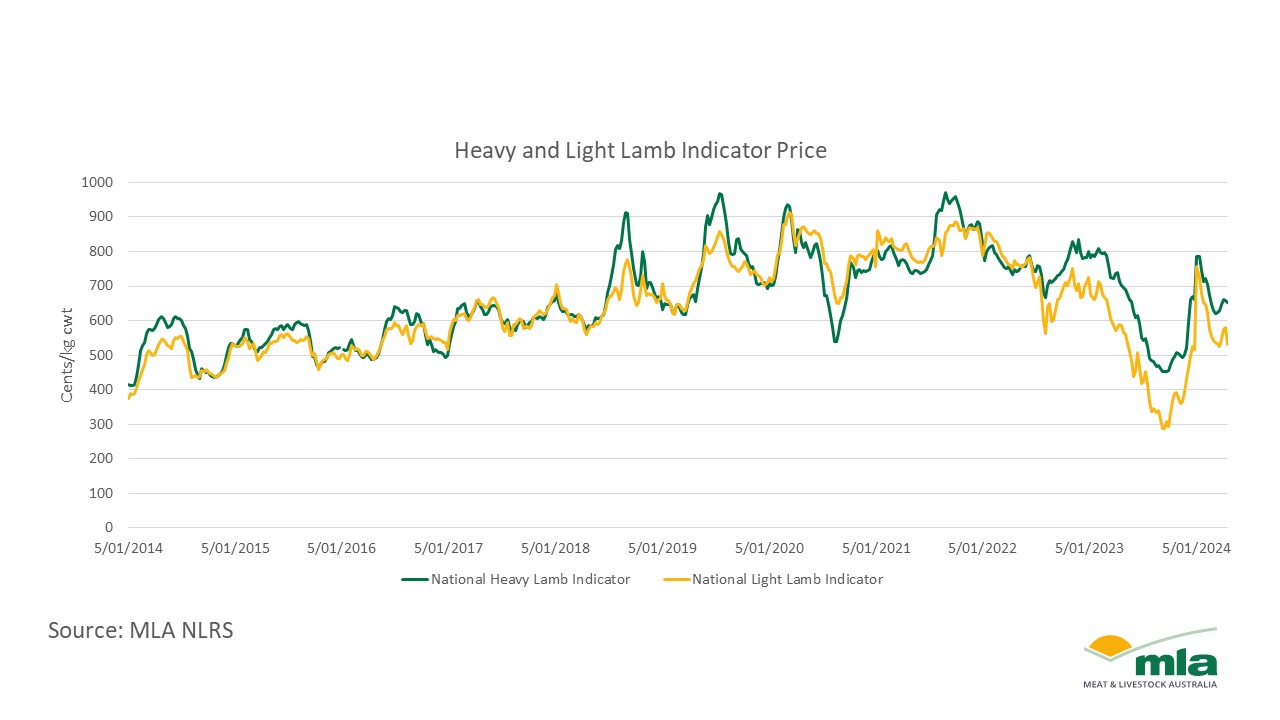A study led by La Trobe University has proposed meaningful and consistent job titles for animals the world over who provide support for people.
Recently published in Animals, the study examined support animals’ roles and training, before defining their differences to create standarised titles.
Lead author Dr Tiffani Howell, from the School of Psychology and Public Health at La Trobe University, said that until now consistent titles were not available for animals in support roles, creating confusion.
“If you ask most people what the difference is between an assistance animal, therapy animal, and emotional support animal, they won’t be able to tell you. People use these words in different ways,” Dr Howell said.
“It’s important to have clearly defined terms because there can be legal implications in some cases. Some animals working in support roles have ‘public access’, which means that their handler can take them places that are typically off-limits to animals.
“But not all animals in support roles have these access rights, so it’s important to be able to quickly and easily distinguish which animals can, for example, enter a café with their owner, and which ones can’t,” Dr Howell said.
Dr Howell said that title can also affect funding, as some government organisations provide financial support for certain types of working animals, but not others.
“The types of work that animals can do to benefit humans are growing so quickly that it can be difficult to keep pace with what’s happening on the ground,” Dr Howell said.
Researchers discussed implications for various regions of the world, making this the first paper, to their knowledge, with an international approach to these definitions.
Research findings in action:
Media reports in recent years have covered some bizarre cases of animals seeking access to public spaces. As part of the research, Dr Howell applied the new terms to three public cases as follows:
Case 1: In 2018 a Brooklyn New York resident tried to take her peacock Dexter on a flight to Los Angeles, claiming it was an emotional support animal.
“Dexter would probably remain an emotional support animal (ESAs) according to our definition, because it wasn’t clear whether Dexter performs any tasks to mitigate the owner’s disability. So, the peacock is probably not an assistance animal, or ‘service animal’ as they are referred to in the US,” Dr Howell said.
Case 2: In 2019 an aeroplane passenger travelling from Chicago to Omaha in the US took a miniature horse along for the trip.
Dr Howell said the horse, Flirty, would be classified as an assistance animal.
“Because the owner has a disability and the horse is trained to mitigate the impacts of that disability (e.g., reminds the owner to take medication, helps the owner maintain balance).
“According to US law, assistance horses and dogs have the right to enter public places that would be off-limits to most animals. So, it’s good that the airline allowed her onto the plane, and apparently even the flight crew liked meeting her.”
Case 3: The third case involving a duck, Daniel, is an interesting one.
“Assistance ducks are rare – this may be the only one – but I believe that Daniel would qualify as an assistance animal because he performs tasks that mitigate the impacts of his owner’s disability (e.g. alerting her to rising stress levels so she can take steps to calm herself), Dr Howell said.
“He also wears a diaper which would help ensure that his hygiene is appropriate for public access.”









